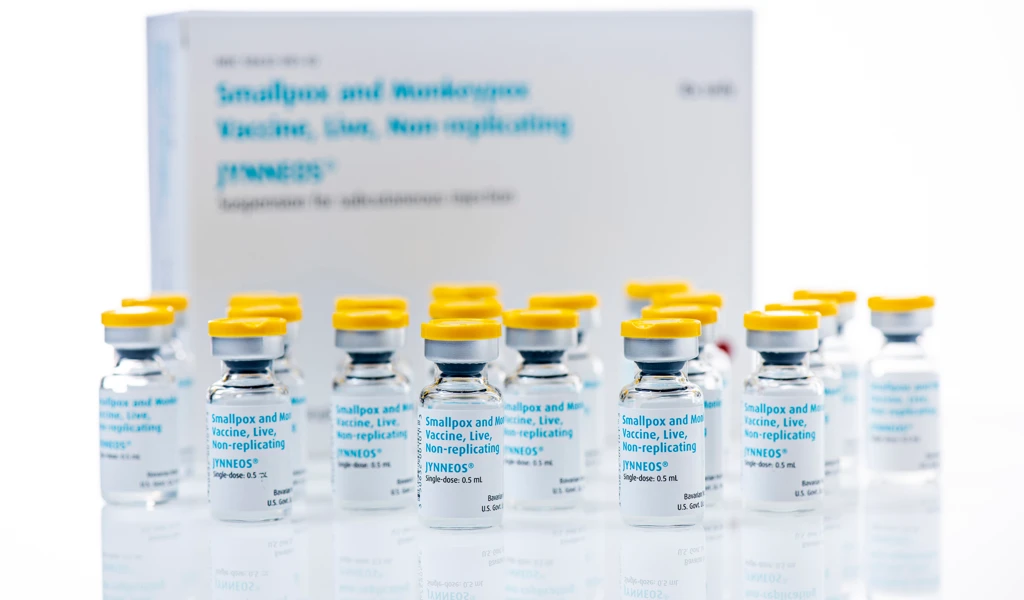Mpox
CEPI is supporting efforts to accelerate new mpox vaccines and expand access to existing vaccines to help tackle deadly mpox outbreaks. Findings could help protect against other Poxviruses.

What is mpox virus?
Mpox, previously known as monkeypox, is an infectious disease caused by the mpox virus, which is a member of the Poxvirus family.
Other Poxviruses include variola virus which caused the highly fatal but now eradicated smallpox disease.
Mpox mainly spreads from person to person through close physical contact. This includes, but isn’t limited to, sexual contact. The virus is also found in small mammals in Central, East and West Africa and can spread from animals to people.

Where does mpox occur?
The first recorded human case of mpox was in the Democratic Republic of the Congo (DRC) in 1970. The disease has since spread across Africa and worldwide.
A multi-country outbreak of mpox led to the declaration of an international health emergency in 2022. It spread rapidly via sexual contact and in many countries where the virus had not been seen before. The emergency was declared over in May 2023.
Another international health emergency and, for the first time ever, an African continental health emergency, was declared in August 2024 following an outbreak of Mpox in the DRC which then spread to many more countries in Africa and around the world.
While it is no longer recognised as a global or continental health emergency, the virus remains endemic in parts of Africa and multiple clades continue to circulate globally. There is also concern that cases may be spreading more widely than previously thought due to asymptomatic transmission.
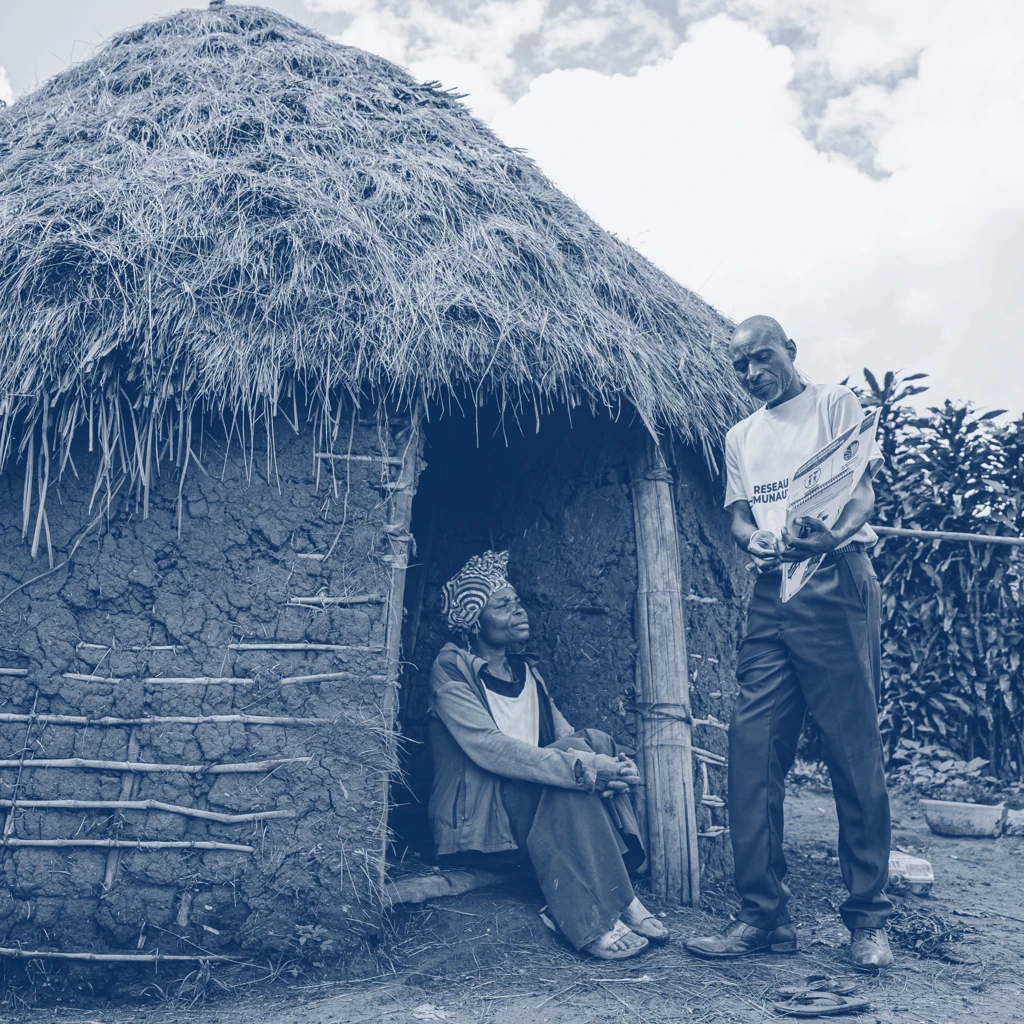
What are the symptoms of mpox infection?
Mpox causes symptoms which usually begin within a week but can start up to three weeks after exposure.
Common symptoms include a rash, fever, sore throat, headache, muscle aches, back pain, low energy and swollen lymph nodes.
The rash can appear on any part of the body. It starts as spots which turn into ulcers or small blisters filled with fluid. The blisters eventually form scabs and fall off. Some people may have one or a few blisters, whereas others can have hundreds.
Symptoms usually clear within a few weeks, however some people can become very sick and experience complications such as skin abscesses following bacterial infection, pneumonia, loss of vision, diarrhoea and vomiting, sepsis, encephalitis and heart inflammation.
Mpox can be fatal. Children, pregnant people and people with weak immune systems, including people living with HIV, infected with mpox are at higher risk of serious illness and death.

How is CEPI responding to mpox?
Vaccine trials
CEPI is working to generate data that helps expand access to currently licensed mpox vaccines and informs the development of new vaccines against other deadly poxviruses. This will help end the current mpox outbreak and better prepare the world for subsequent outbreaks.
CEPI first supported mpox vaccine research in 2022, investing in critical laboratory tools needed to support the assessment of mpox vaccines in development.
Today, CEPI is filling in crucial vaccine R&D gaps to help expand access to mpox vaccines to those most at risk, funding groundbreaking studies in the DRC that will provide pivotal data on two mpox vaccines. These studies aim to:
- assess immunogenicity of Bavarian Nordic's mpox vaccine in children, launched in October 2024. Positive topline data from the study shows the vaccine was safe, well-tolerated and produced a non-inferior immune response in children aged 2-11 compared to adults who received the vaccine. The highest immune responses were observed in children aged 2-5 taking part in the trial.
- evaluate whether Bavarian Nordic's mpox vaccine could reduce the risk of secondary mpox cases after someone comes into contact with a diagnosed case, launched in September 2024.
- test the performance of Bavarian Nordic's mpox vaccine in pregnant and breastfeeding women and infants under two years of age, launched in June 2025.
- provide additional real-world data on the safety and efficacy of the LC16m8 vaccine against mpox in African populations. The study launched in December 2025.
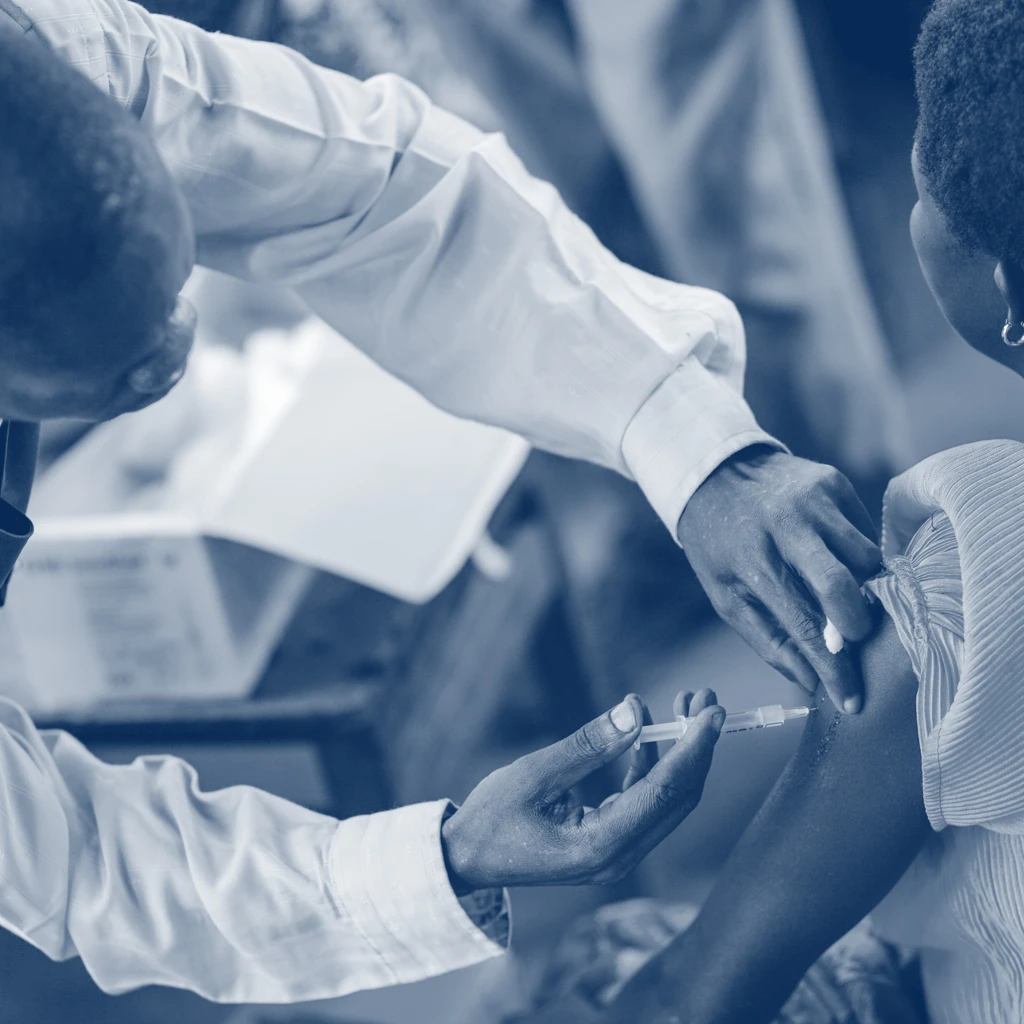
Enabling sciences and expanding access
In response to the current mpox outbreak, CEPI:
- has supported the development of the WHO Mpox Research Roadmap which lists out the immediate next steps needed in research to contribute to controlling the current mpox outbreak.
- has collated evidence on the safety and efficacy of mpox vaccines for review by local regulators and decision makers.
- is part of the Access and Allocation Mechanism for mpox, an initiative set up to increase access to life-saving tools like vaccines, medicines and tests for people at highest risk.
- is supporting INRB, a laboratory based in the DRC, for local and quick assessment of samples collected from participants taking part in the local mpox vaccine trials that CEPI is supporting.
- is developing key vaccine tests, known as assays, with our Centralised Laboratory partners to work towards a WHO international standard for mpox.
CEPI is also exploring opportunities that could generate additional data on mpox epidemiology and help to scale up mpox vaccine production to increase available supply.
To prepare for future mpox and poxvirus outbreaks, CEPI is funding the development of new vaccine candidates, like BioNTech’s next-generation mRNA mpox vaccine, which is in early clinical development.

Latest mpox news
Latest mpox news
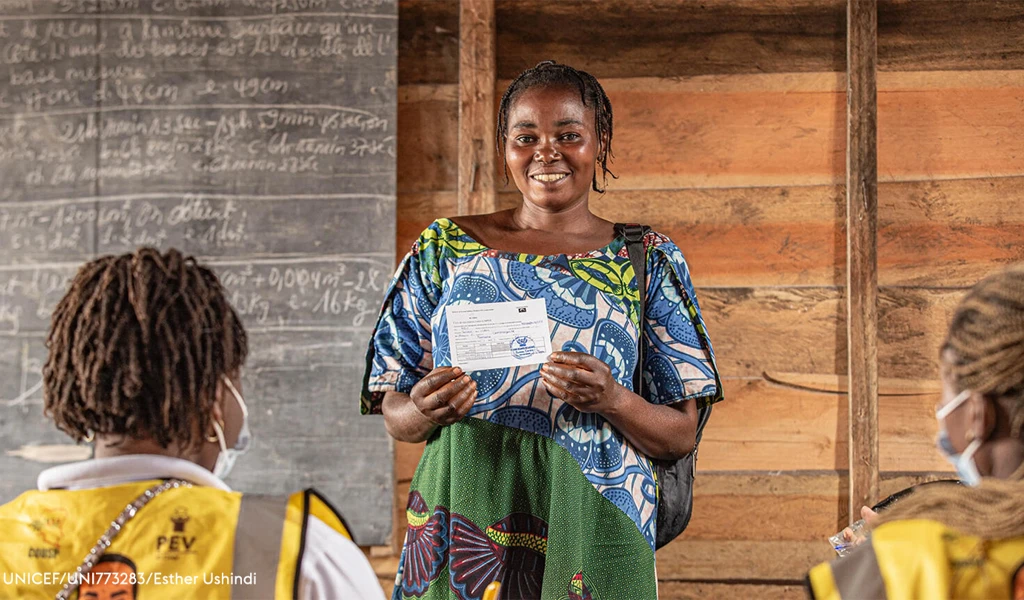
Stronger, faster, fairer: making mpox vaccines accessible
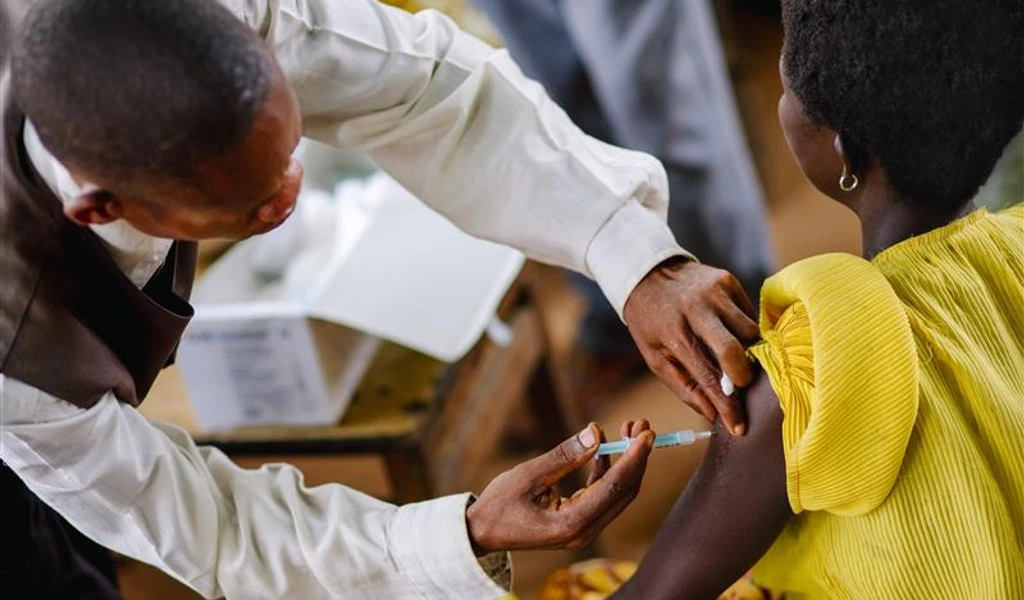
New study to assess mpox vaccine in pregnant women and infants

Mpox – What it is, and what it is not
What is mpox? When did the latest mpox outbreak start? Where is it spreading? CEPI answers some of the most frequently asked online questions about this virus.
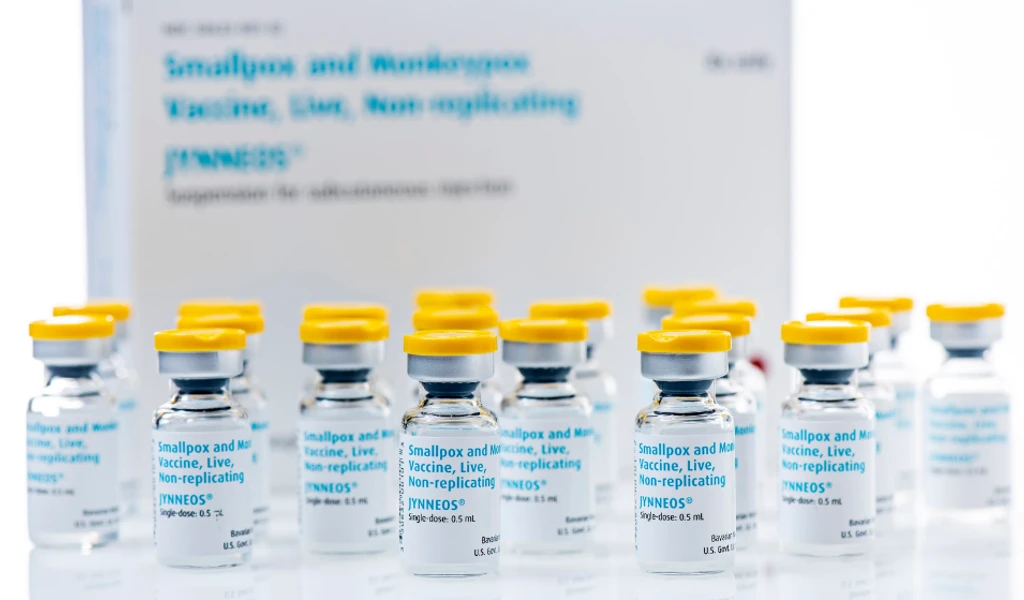
New clinical trial will assess if mpox vaccination works after virus exposure
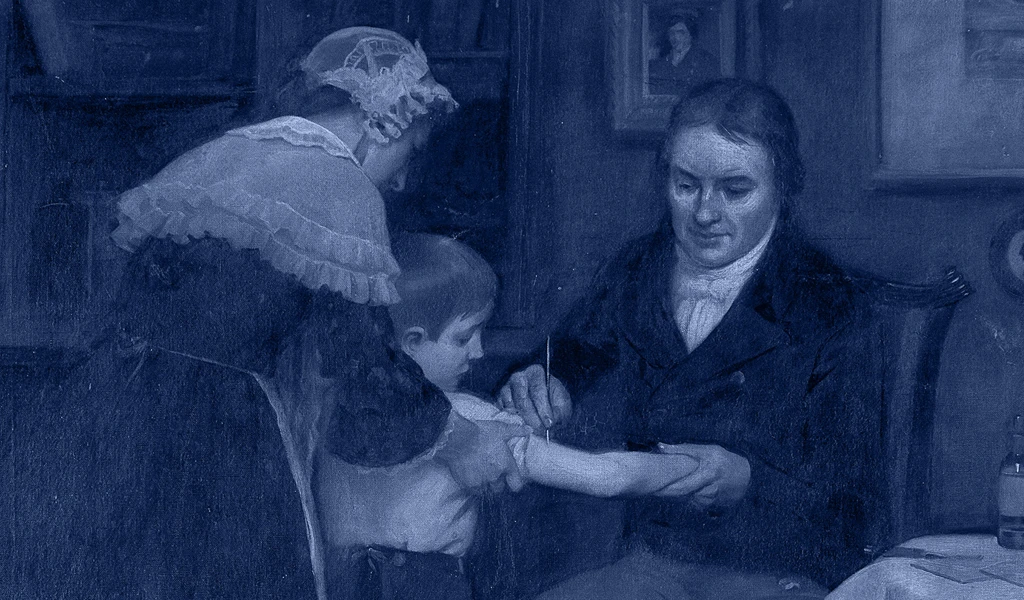
The Poxviruses
The viral family of one of the most fearsome contagious diseases in human history

CEPI, UK MHRA, and UK Health Security Agency to advance key tools for Monkeypox vaccine research

Could monkeypox give us an R&D blueprint to end pandemics?
